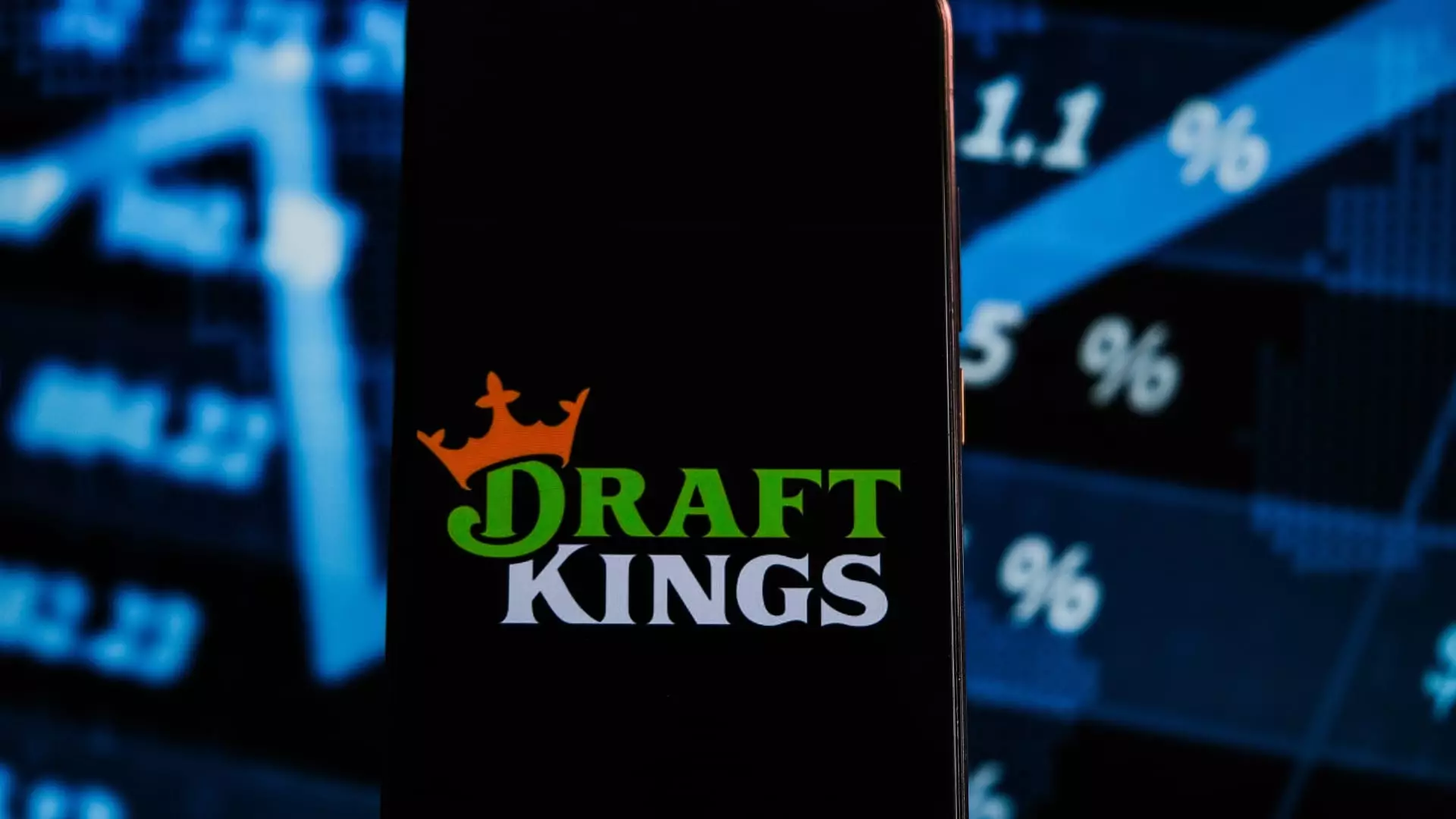The landscape of online sports betting is reshaping itself amidst mounting legislative hurdles, and investors find themselves caught in the turbulence. Recently, Illinois state lawmakers passed a budget that took a sharp swing, raising taxes on online wagers. While some may term this a necessary measure for fiscal responsibility, it raises urgent concerns for the future of this burgeoning industry. Major players like DraftKings and Flutter Entertainment saw their stock values plummet, sending a ripple effect through the market. This episode serves as a glaring warning sign, suggesting that investors should be bracing themselves for a potentially frosty climate across the board.
Illinois’ Unwelcome Surprise
The crux of the issue lies in the newly instituted tax system. Starting with a tax of 25 cents per wager on the first 20 million bets and escalating to 50 cents thereafter, the implications for market leaders conclude ominously. Truist analyst Barry Jonas aptly labeled this move a “last-minute surprise,” highlighting that such unexpected legislative shifts are becoming more frequent. This is the second consecutive year that Illinois has opted to impose additional taxes on sports betting, potentially setting a precedent for other states to follow suit. Herein lies the problem: while the state empties its coffers, companies embracing this promising sector are forced to reckon with financial impediments that could stifle growth and innovation.
The Domino Effect on Other States
With Illinois setting this new benchmark, attention shifts to the likelihood of other states replicating this model. The acute disparity in tax rates across the country is alarming: from a staggering 51% in New York and Rhode Island down to a meager 6.75% in Nevada and Iowa. This patchwork nuancing of online betting taxation portends a troubling future for the industry, one that could lead to an environment rife with inconsistencies and deterrents for investors. It is not merely a question of state revenues but reflects a policy attitude that is fundamentally skeptical of a sector primed for economic growth.
The Disproportionate Burden on Major Players
Companies such as DraftKings and FanDuel are positioned to absorb some of the newfound tax burdens, but not without consequences. Jonas predicts that they will surpass the 20 million wager threshold, leading to significant tax liabilities that could constrain their operational boundaries. The ripple effects here are multifaceted; while larger companies might weather the immediate storm, smaller competitors could struggle to stay afloat. The asymmetrical weight of taxation across the player spectrum raises a pertinent question of fairness and sustainability within the industry. Should corporations that are stimulating the economy face additional financial penalties simply because state budgets are mismanaged?
As we stand at this critical juncture, it’s time for stakeholders to develop a coherent strategy that advocates for equitable regulation in the online betting landscape. The current trajectory favors a precarious dance with taxation, politicizing what should be an industry embracing innovation and responsible gaming instead of becoming a scapegoat for fiscal irresponsibility. The stakes are high, and as budgets tighten, we must ask ourselves: are we willing to gamble our investment futures on public policy that’s fundamentally misaligned with the values of growth and development?

